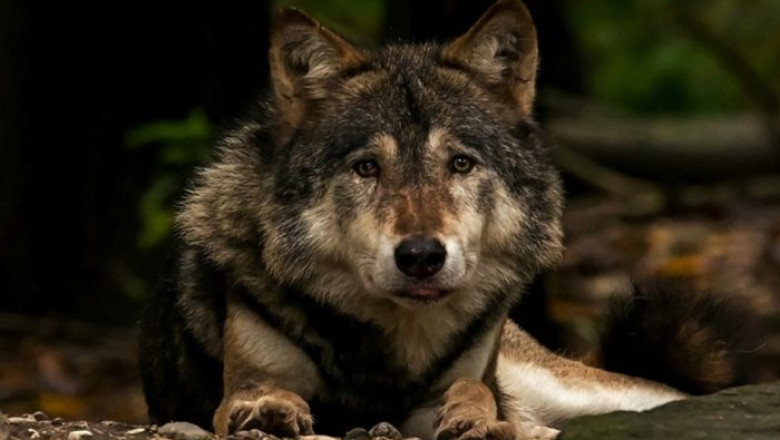
The Life Cycle of Wolves: A Heartfelt Journey Through Aging
Wolves are among the most fascinating and complex creatures in nature. Living in tightly-knit packs, they navigate the challenges of survival together, showcasing the strength of community and cooperation. But what happens to wolves as they age? How do they fare in the wild, and what role do they play in their packs when they can no longer hunt as they once did?
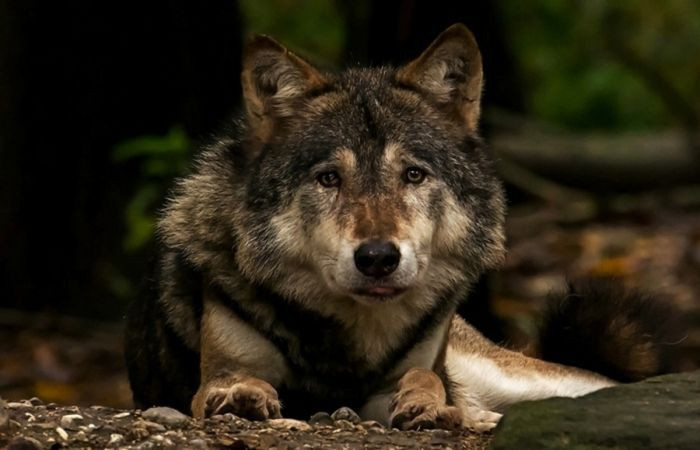
To understand the life of an aging wolf, we first need to explore the social structure of a wolf pack. Wolves are not solitary creatures; they thrive in groups, relying on each other for hunting, protection, and companionship. This social structure is not only vital for their survival but also for the deeply ingrained bonds that develop among pack members. Most wolves in a pack are young, filled with vigor and vitality, eager to take on the world. But amidst this energetic group, there are the elder wolves—those who have seen many seasons and lived through numerous challenges.
In the wild, wolves have an average lifespan of about 15 years. However, this figure can be misleading, as it suggests a more comfortable existence than often is the reality. Nature is unforgiving, and many wolves do not make it to this age. In fact, most wolves die in their prime, typically around the ages of 8 to 10. Some lucky individuals may live a bit longer, reaching 12 years, but the harsh truth is that many will not even see their seventh birthday. They face a multitude of threats that can cut their lives short—everything from hunting accidents to territorial disputes and diseases.
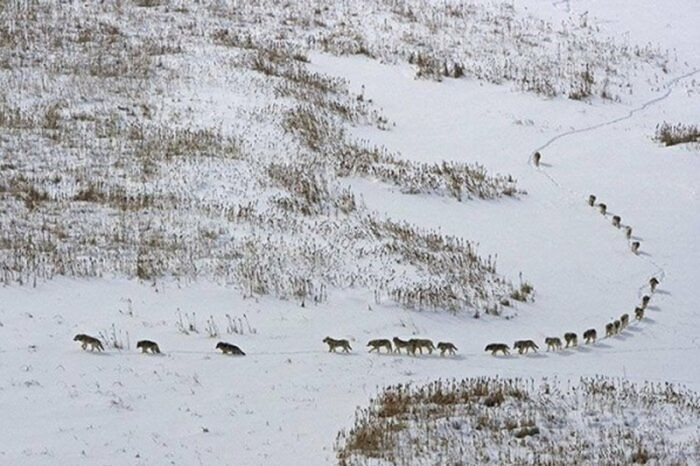
One of the greatest dangers to wolves is human intervention. As humans encroach upon their habitats, wolves often find themselves in perilous situations. Gamekeepers and hunters frequently view them as a threat to livestock and local populations, leading to drastic measures being taken against them. These encounters with humans often end in tragedy, depriving these majestic animals of the chance to grow old in peace. The interaction with humans is not the only risk; wolves also face fierce competition from other predators, which can lead to injuries in territorial disputes that may be fatal.
If the challenges posed by humans and rival animals weren't enough, health-related issues plague aging wolves as well. Just as humans do, wolves experience declines in health as they age. Their immune systems weaken, making them more susceptible to diseases and parasites. These ailments can turn fatal, especially in the wild, where medical assistance is nonexistent.
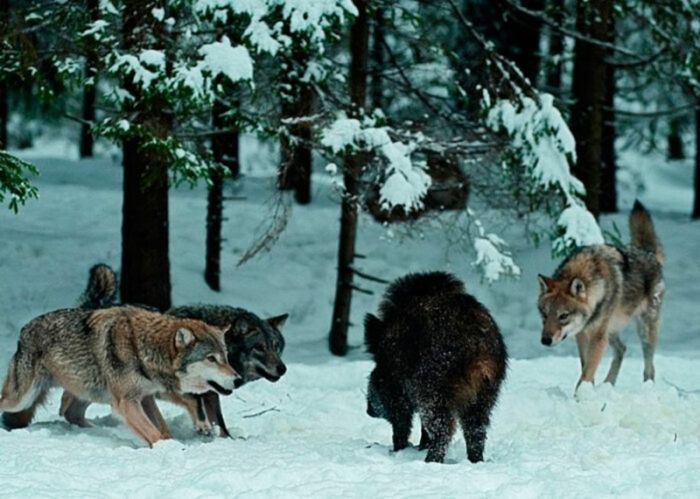
The odds are daunting for younger members of a pack too. Nature's cycle is merciless; in fact, it is estimated that as many as 50% of wolf pups will not survive their first year of life. This mortality rate emphasizes the harshness of existence in the wild—survival is a constant struggle, often requiring a combination of endurance, luck, and the ability to learn from experienced pack members.
But what about those fortunate wolves that do survive into their golden years? Surprisingly, the story for older wolves is not one of abandonment or isolation but rather one of adaptation and continued contribution, albeit in different ways. The pack does not push out its elder members; rather, these aging wolves maintain their place within the social structure as long as they are alive.
Elder wolves serve as vital pillars of their packs. While they may no longer be the swiftest hunters, they still possess invaluable knowledge accumulated over their years. Their experiences allow them to bring a wisdom that younger members lack. These older wolves contribute to the pack by participating in hunts as long as they can. They may not lead the charge, but their presence adds to the collective strength of the pack. Moreover, their strategic thinking in hunting scenarios can prove vital for the success of the group.
Beyond their role in hunting, aged wolves often take on guardianship responsibilities. They play the role of mentors or “uncles” to the pups, helping to care for and socialize the younger wolves. This nurturing role is not just beneficial for the pups; it also enables older wolves to continue contributing to the pack’s success. As they share their wisdom and skills with the next generation, they ensure that the lineage and hunting techniques continue, thus supporting the survival of the pack.
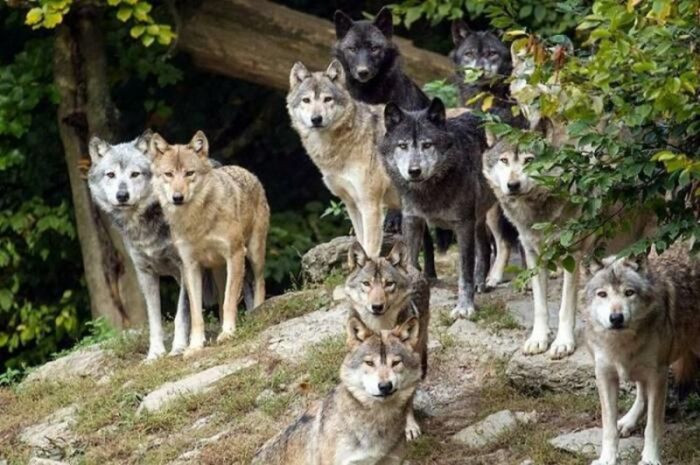
The bond that forms between older and younger wolves is a beautiful aspect of their social dynamics. The pups learn to respect and trust the elder wolves, while the aged members find solace in being needed, a powerful reminder that they still have a place within the community. This reciprocal relationship strengthens the pack, fostering a sense of unity and loyalty that is remarkable in the animal kingdom.
It's important to note that not all wolves in a pack will reach the age where they can participate in such roles. Nature does not guarantee that every wolf will survive long enough to become a wise elder. The harsh realities of life in the wild mean that even the strongest individuals can fall victim to accidents, competition, or illness. But when they do survive, the stories they carry from their lifetime experiences contribute immensely to the fabric of the pack’s existence.
As we reflect on the aging wolves and their place within the pack, we find lessons that transcend the animal kingdom. The way older wolves are cherished and valued is a reminder of how important it is to honor our elders in human society. They too carry a wealth of experience and wisdom that can guide future generations.
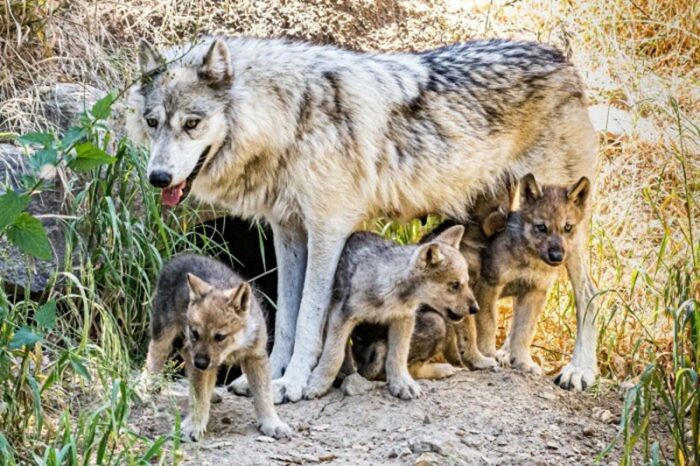
Ultimately, the journey of a wolf—and particularly that of an aging wolf—is one of resilience, community, and love. While the road is fraught with danger and hardship, the connection between pack members underlines the importance of unity. In the wild, wolves find strength in each other, and senior wolves become a bridge linking the past with the future, ensuring that their memories and lessons are not lost to time.
As we face our own challenges in life, let us take inspiration from the story of these remarkable creatures. May we cherish our elders, value their wisdom, and ensure they have a comfortable place within our communities, just as the wolves do in their packs. This beautiful cycle of life teaches us that aging is not an end but rather a transition filled with opportunities for continued growth, connection, and love.










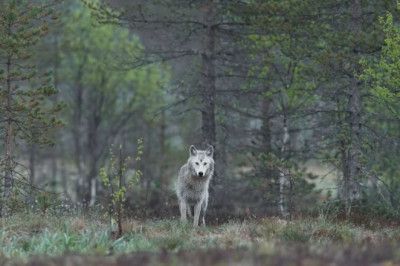



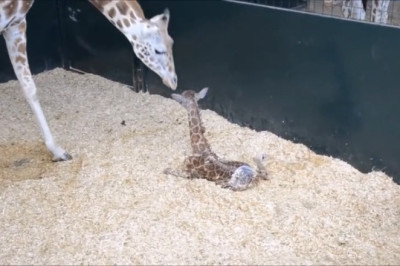

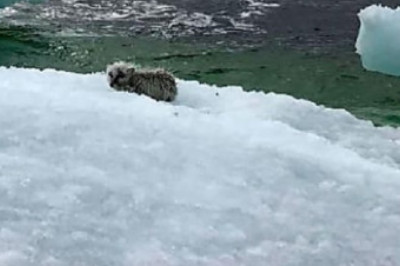



Comments
0 comment